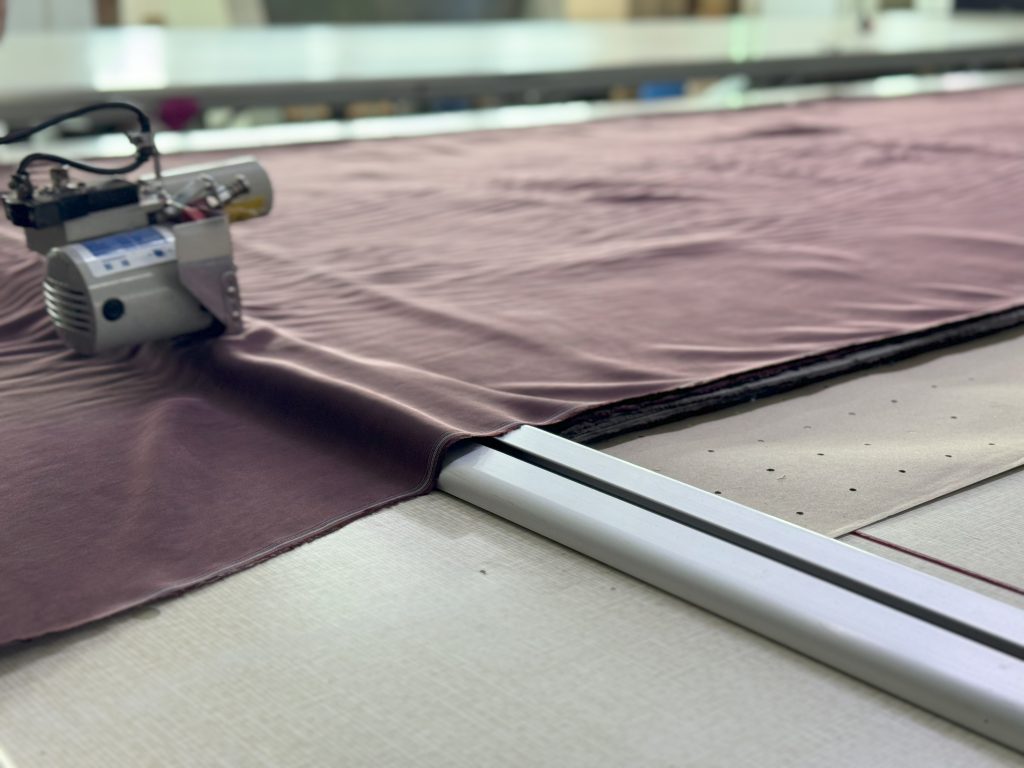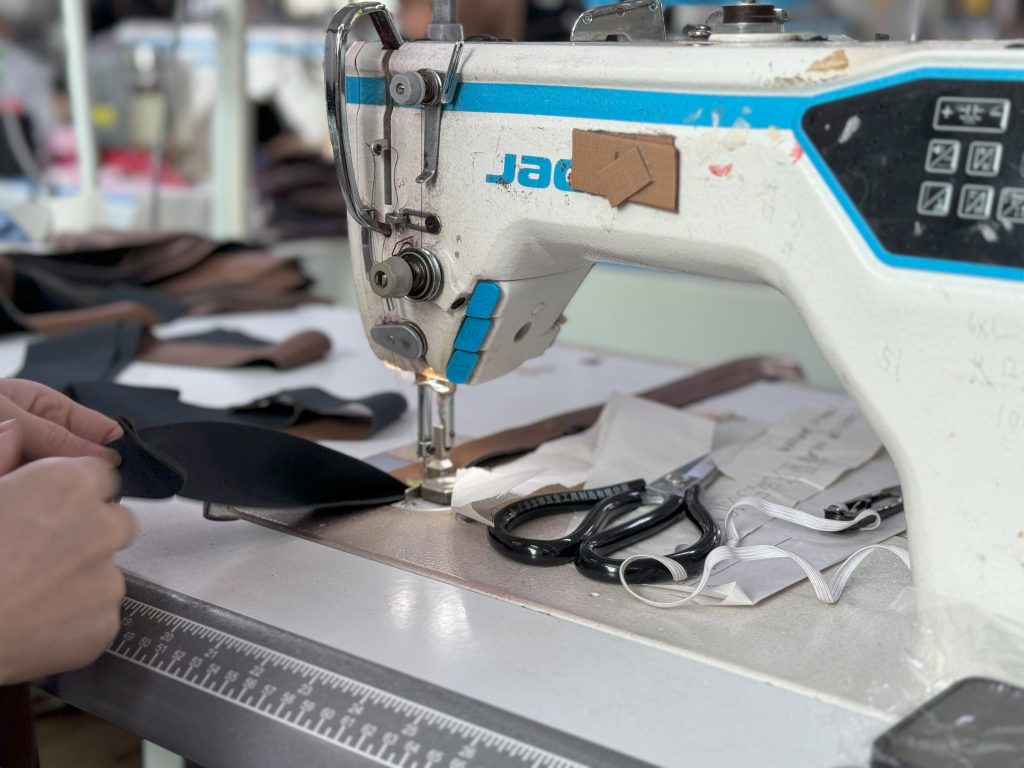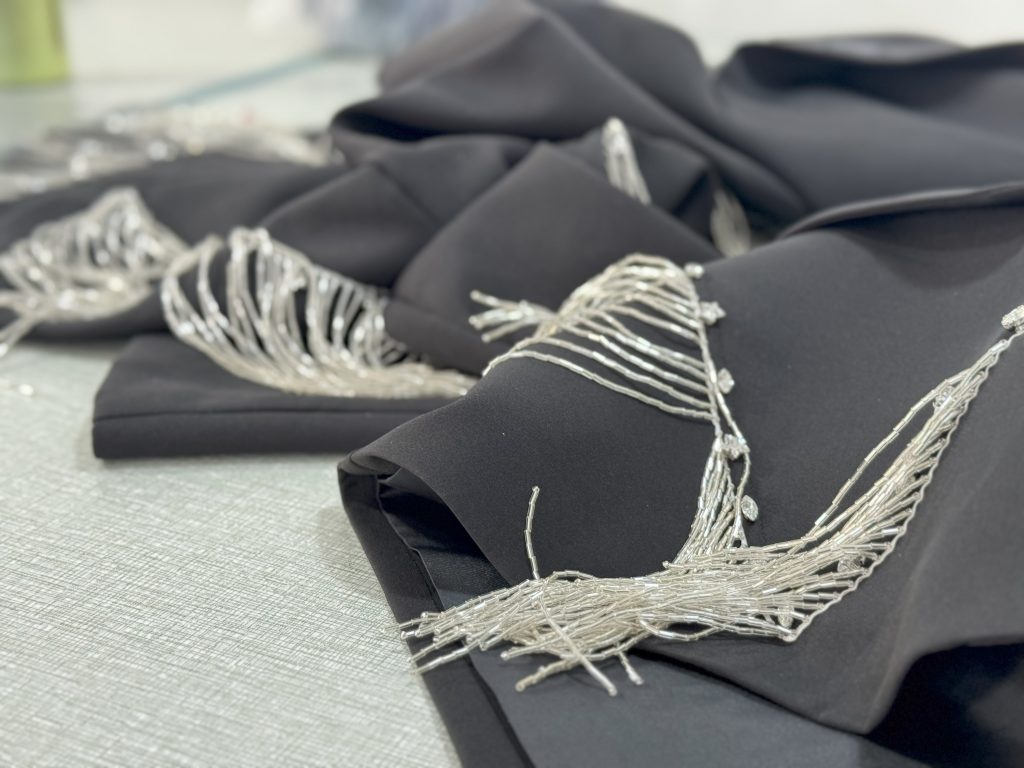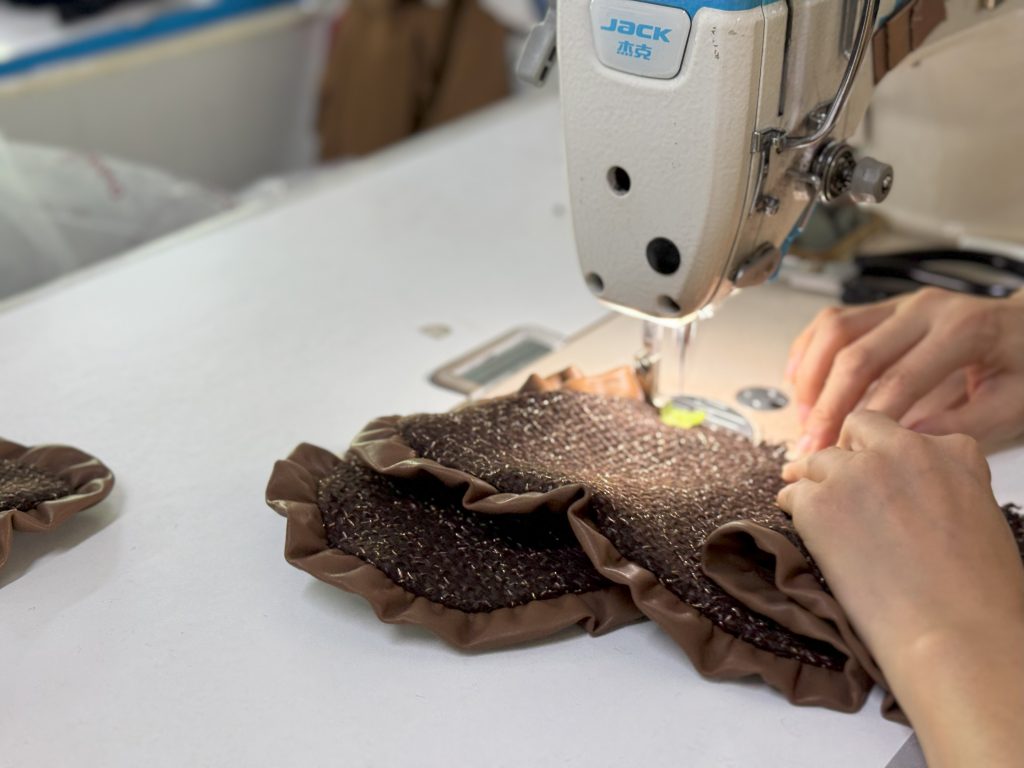Crafting Trends: The Heartbeat of Fashion Lies in Clothing Manufacturing
The journey of a garment from a mere sketch to a tangible piece on a retail shelf is a fascinating voyage. At the heart of this journey lie clothing manufacturers, whose expertise, capabilities, and innovations shape the very essence of fashion. Here’s an insightful dive into the world of clothing manufacturing within the fashion supply chain:
Design Interpretation:
The first step in clothing manufacturing is the accurate interpretation of designs. Manufacturers work closely with designers to understand the envisioned style, fit, and aesthetics, ensuring a seamless transition from design to production.

Fabric Selection and Sourcing:
Choosing the right fabric is crucial for achieving the desired look and feel of the garment. Manufacturers often have fabric-sourcing teams that ensure the procurement of high-quality, sustainable, and cost-effective materials.
Pattern Making and Grading:
Pattern making is an art and science that transforms a design sketch into a set of patterns ready for cutting. Grading extends these patterns across different sizes while maintaining the design integrity.

Cutting and Sewing:
Precision in cutting and expertise in sewing are pivotal for quality clothing manufacturing. Advanced cutting technologies and skilled sewing personnel ensure each piece is crafted to perfection.
Finishing and Quality Control:
The finishing process encompasses a range of activities including pressing, trimming, and adding necessary closures. Rigorous quality control checks at this stage ensure the final garment meets the specified standards.
Technology Integration:
Modern clothing manufacturers are integrating technologies like automation, AI, and data analytics to enhance efficiency, accuracy, and speed in manufacturing. This technological integration is redefining the traditional clothing manufacturing landscape.
Sustainable Manufacturing Practices:
Sustainability is a significant focus in clothing manufacturing. Implementing eco-friendly production practices, reducing waste, and conserving resources are part of the broader sustainable manufacturing narrative.

Customization Capabilities:
The rising demand for personalized clothing is pushing manufacturers to develop customization capabilities. This includes small-batch production, on-demand manufacturing, and modular design approaches.
Compliance and Ethical Production:
Adhering to compliance standards, ensuring ethical labor practices, and maintaining a safe work environment are fundamental for reputable clothing manufacturers.
Clothing manufacturers are the linchpin in the fashion supply chain, orchestrating the transformation of creative visions into tangible fashion statements. As they meld traditional craftsmanship with modern technology, clothing manufacturers are not just producing garments; they are crafting the trends that define the fashion narrative. Their pivotal role underscores the essence of collaboration, innovation, and responsibility in bringing fashion to life.
kno112023-06
Google: D&J Fashion Manufacturer
Leave us a Google Review
Facebook: dnjfashionofficial
Instagram: dnj_fashion_official
Linkedin: D&J Garment Manufacturing and Supply Chain
Pinterest: dnjfashion
Youtube: @dnjfashion_official
Tik Tok: @dnj_fashion

